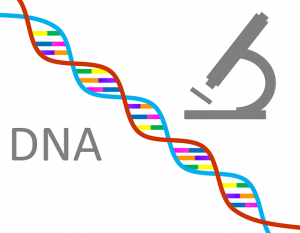Substance use disorders consist of both genetic and environmental interplay. You may have heard someone claim that Mr. X is using by choice. He may have chosen to pick up his substance and use it the first time. However, genetics also play a factor. One’s actual family ties, according to adoption and twin studies, state you’re your genetic danger of becoming an addict is relational to specifics behind genetic relationships with an addicted relative. Genetic aspects that interplay with addiction statistically vary from 0.39 for hallucinogens to 0.72 for cocaine.
It is important to remember that some environmental factors play into whether alcohol and drug use will turn into substance use disorders. These include your morals and values, social policy, religion, fiscal ranking, and if there is drug-trafficking going on around you. If you have liquor stores all around you or friends who are constantly drinking or using drugs, it will also play into what you know and what you may try and continue to try in the long run. Lifestyle and our own personal choices help us to decide whether we are going to pick up a drug or drink in the first place and influence continued use. What we see and who we consider being our role models also affect our behaviors in these instances.
How Exactly Do Genetics Play Into Addiction?

Many of us have heard the myth that Addiction is a disease. Most experts are in a consensus that addiction occurs due to alterations in one’s brain during their substance use. Due to changes to the brain when a person uses alcohol or drugs, the brain begins to send intense signals leading to cravings and compulsions to continue using.
Often, professional help is needed for a person to reverse these changes and learn relapse prevention skills and techniques. This may include various means of treatment, such as medication, therapy, and exercise. While this does require hard work from the individual following a treatment plan created with a professional, alterations to the brain which occurred during active addiction can be changed back.
These brain changes are often influenced by our genetics. Did mom, dad, grandpa, or grandma use drugs or alcohol? Did they have a difficult time stopping their use or drinking? Most likely you will be asked these, and other similar, questions if you decide to get help to stop using alcohol and drugs.
Can Discovery Place Help Me?
Many factors play into whether an alternative treatment rehab will help you. The main influences being attempting to seek out aid and a desire to quit using and drinking. Our 24 bed, 30-day alternative recovery program at Discovery Place can help you gain your freedom from illicit and addictive substances. We also offer 60-day and 90-day long-term alternative programs. Our main campus is in Burns, Tennessee. It is located upon 17 scenic acres of farmland which can help separate you from the hectic life of active addiction. Give us a call today at 1-800-725-0922.

